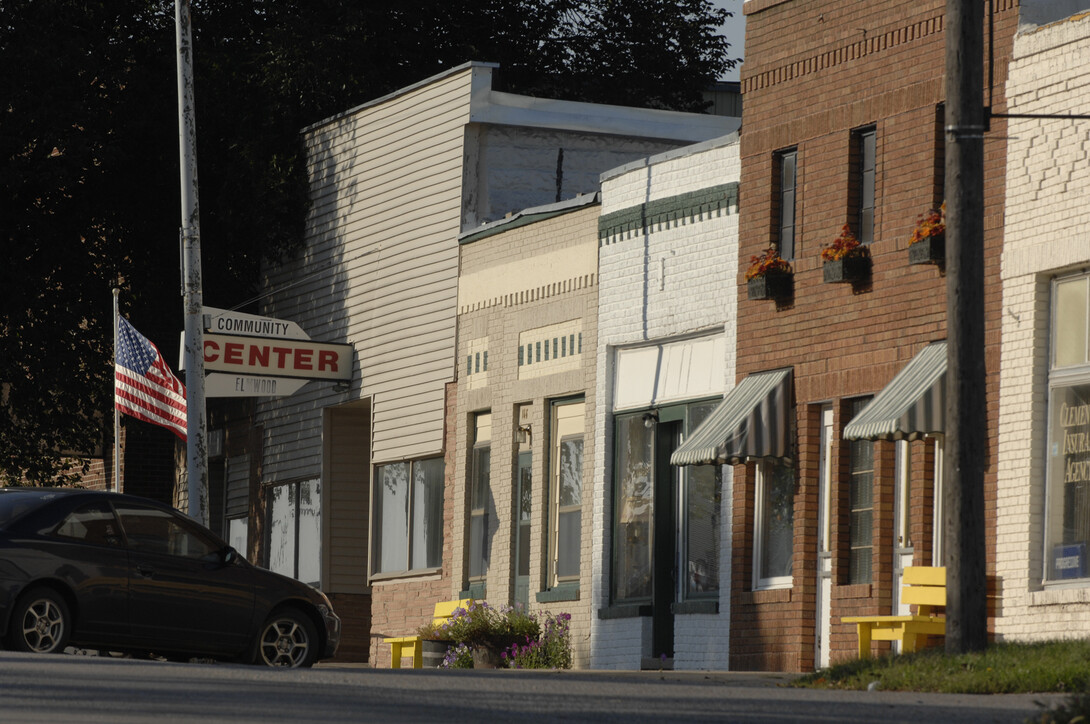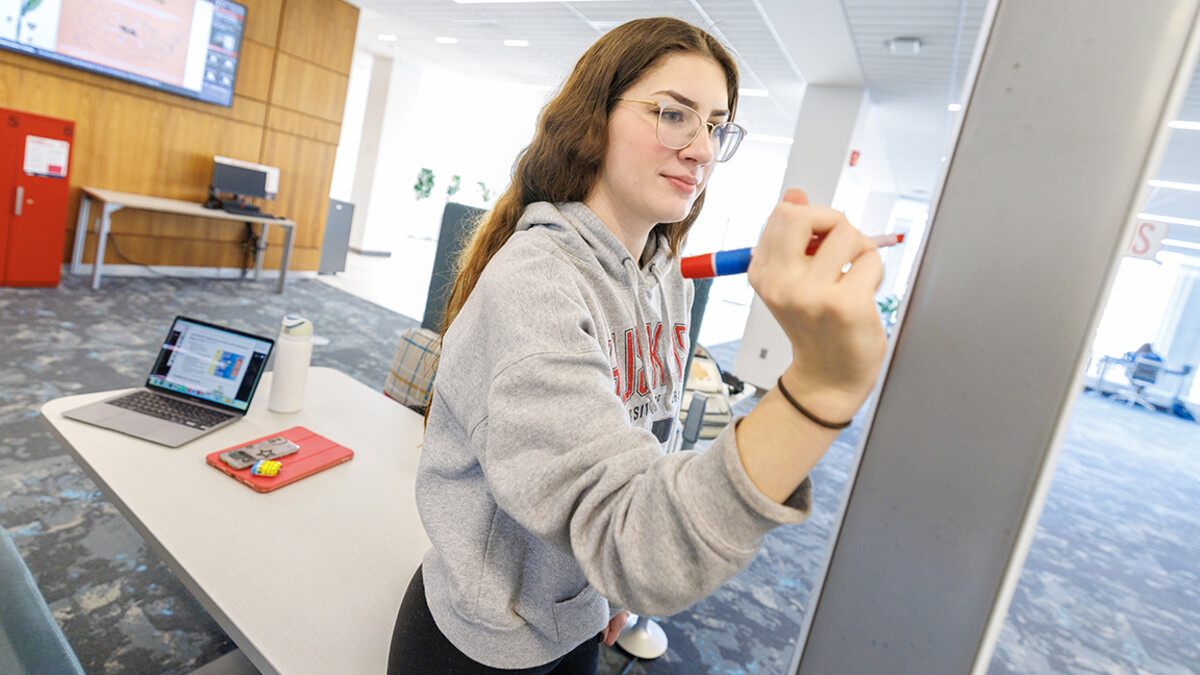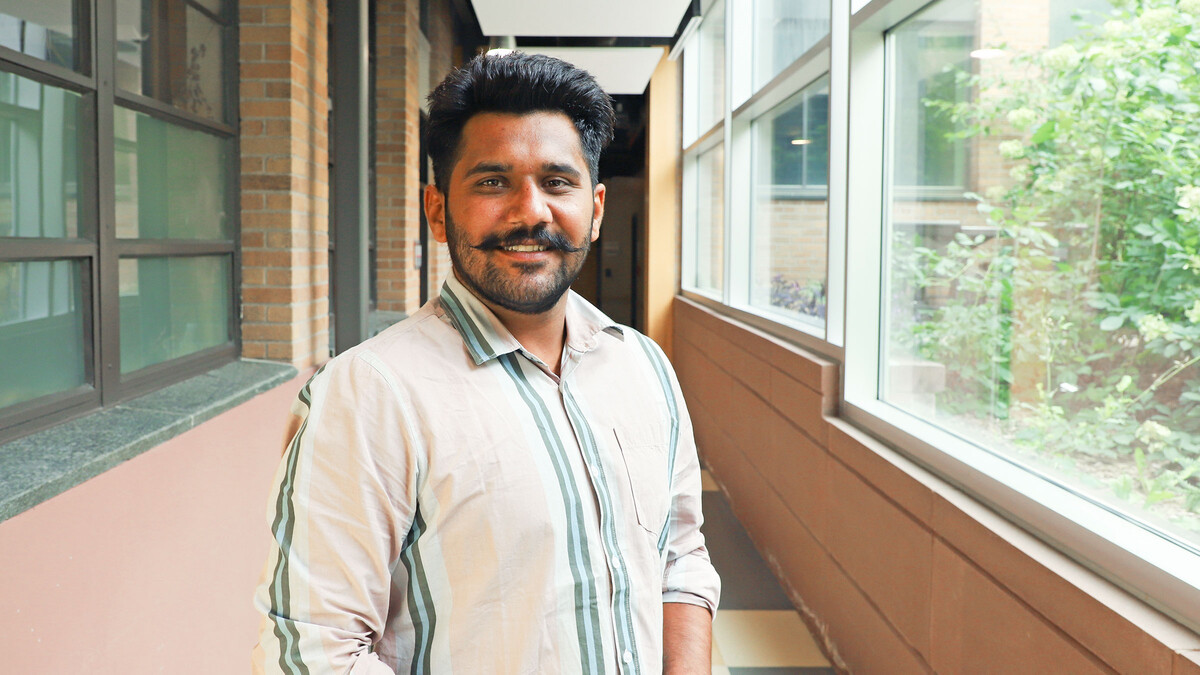
UNL is beginning its annual Rural Poll, one of the nation’s leading surveys of opinions of rural dwellers, but this time with a twist: The University of Nebraska at Omaha is introducing a similar survey to understand issues facing the state’s metropolitan areas.
Organized by UNO’s Center for Public Affairs Research, the Nebraska Metro Poll is designed to complement the Nebraska Rural Poll, which has been conducted by UNL for 18 years.
“There are numerous changes happening across the state,” said David Drozd, project manager for the new poll. “While we’ve learned a great deal about the public’s perception of Nebraska’s rural communities, we do not have nearly as much information from the states’ highest population areas.”
A 50-question survey is being sent to 7,500 randomly selected households in the Omaha and Lincoln areas. The Metro Poll will survey residents of Cass, Douglas, Lancaster, Sarpy, Saunders, Seward and Washington counties.
The Rural Poll will be sent to 7,500 randomly selected households in the remaining 86 counties in the state. Results from both polls will be available later this year.
The Nebraska Rural Poll gathers the aggregated voice of rural Nebraskans. The goal of the Nebraska Rural Poll is to give local and state leaders a better understanding of the issues, challenges and concerns of Nebraska’s rural citizens. It is an annual effort that focuses on such issues as community, government policy, well-being and work.scenic picture
Core questions are included every year; over time these core questions will provide insight about trends and changes occurring in rural Nebraska. In addition, each year rural citizens and government officials form an advisory committee that identifies key issues or topics to include in the survey. Questions in both the urban and rural polls include how people view changes in their community over the past year, levels of personal satisfaction with public services, perception of crime rates in their area, and other measures used to determine key issues that need to be addressed.
“In addition to some questions the Rural Poll uses every year, we wanted to include a focus on what makes communities successful,” Drozd said. Comparing how responses are similar or different between urban and rural areas will provide key insights, Drozd said.
Becky Vogt, Rural Poll manager, said the Rural Poll team also is looking forward to having comparisons.







